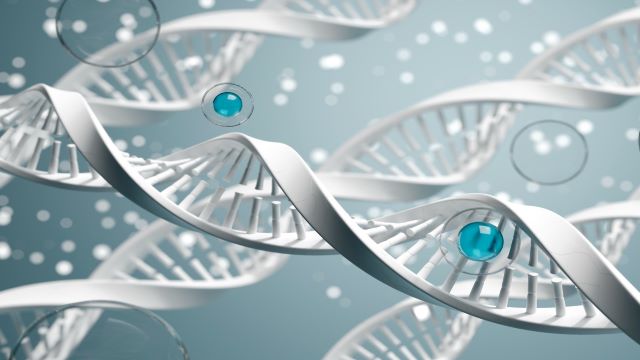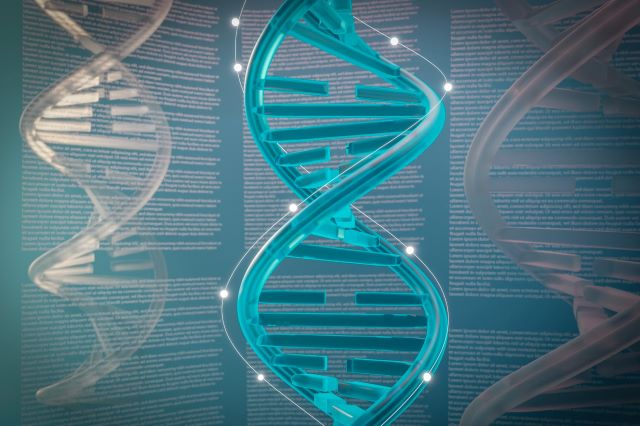SIBO: What Lies Behind the Condition Mistaken for a Disease, Part 1

SIBO (Small Intestinal Bacterial Overgrowth) is a condition where bacteria that are normally present in small amounts in the small intestine—or that typically reside in the large intestine—begin to proliferate in the small intestine. SIBO disrupts normal digestion and nutrient absorption.
Symptoms of SIBO include bloating, abdominal pain, diarrhea, or constipation. However, it’s not just discomfort—SIBO can significantly impact quality of life, leading to chronic fatigue, skin issues, weight loss, and vitamin and mineral deficiencies. The underlying cause of SIBO is often another condition, and SIBO is a dysfunction of the gut that results from this primary issue.









